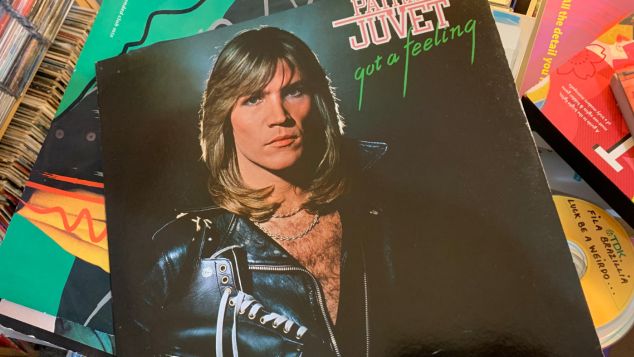‘The Living End’ was dubbed the gay ‘Thelma and Louise’
On this day in 1992 director Gregg Araki released his third film The Living End.
His third feature was the first to get significant notice from film critics and is recognised as one of the early films of the New Queer Cinema genre.
While his first two films had been made on shoestring budgets of $USD5,000 each, for this film Araki had a budget of $20,000.
Luke, a restless and reckless drifter, and Jon is a relatively timid and pessimistic film critic. Both are gay and HIV positive. After an unconventional meeting, and after Luke kills a homophobic police officer, they go on a road trip with the motto “Fuck everything.”

The film was dubbed the gay Thelma and Louise due to its plot similarities with Ridley Scott film that came out the same year. It picked up awards at several film festivals and was nominated for the Grand Jury prize at the Sundance Film Festival.
The term ‘New Queer Cinema’ was first used by critic B. Ruby Rich the following year to describe a growing wave of LGBTIQA+ indie themed films. The films often portrayed LGBTIQA+ people as being outsiders and renegades and came at a time when deaths from the AIDS epidemic was at their heights.
Todd Haynes’ Poison, Isaac Julien’s Young Soul Rebels, Derek Jarman’s Edward II and Tom Kalin’s Swoon are some of the first films attributed to the genre.
Araki reflected on the New Queer Cinema movement when he chatted to OUTinPerth in 2011.
“I actually feel that that time in the 90s when Poison and The Living End came out was a very specific time in our society and in our culture because the queer wave was very much related to like ACT UP and all the political and cultural upheaval that was going on, which was really about the AIDS epidemic and the crisis of it. I think that it had a huge impact obviously on our culture not just in media representation but the fact that there’s so much more LGBT representation across the board in terms of film, TV, everywhere,” he said.
Araki would go on to be one of the most prominent indie film directors of next decade with Totally F***ed Up, The Doom Generation, Nowhere and Splendor, before making the acclaimed Mysterious Skin in 2004.
More recently Araki developed the television series Now Apocalypse and has directed episodes of the series Dahmer – Monster: The Jeffrey Dahmer Story and American Gigolo.
Swiss pop star Patrick Juvet was born on this day in 1950

Patrick Juvet was born and raised in Switzerland but moved to Paris when he was eighteen years old. He became a model, working mainly in Germany and returned to France in his early 20s.
He began making music in 1971 after he met music producer Eddie Barclay, and his first album featured collaborations with composer Jean-Michel Jarre.
In 1973 he represented Switzerland in the Eurovision song contest with the song Je vais me marier, Marie which placed 12th in the competition. He found his greatest success in the disco era when he worked with producers Jaques Morali and Henri Belolo who were the hit makers behind The Village People and The Ritchie Family.
His disco era hits including Got a Feeling and I Love America.
He continued making music through the decades with varying levels of success. In his 2005 autobiography he spoke about his bisexuality, his career, and his challenges with depression and alcoholism.
Juvet was found dead in his apartment in Barcelona on 1 April 2021, his death was attributed to cardiac arrest. He was 70 years old.





